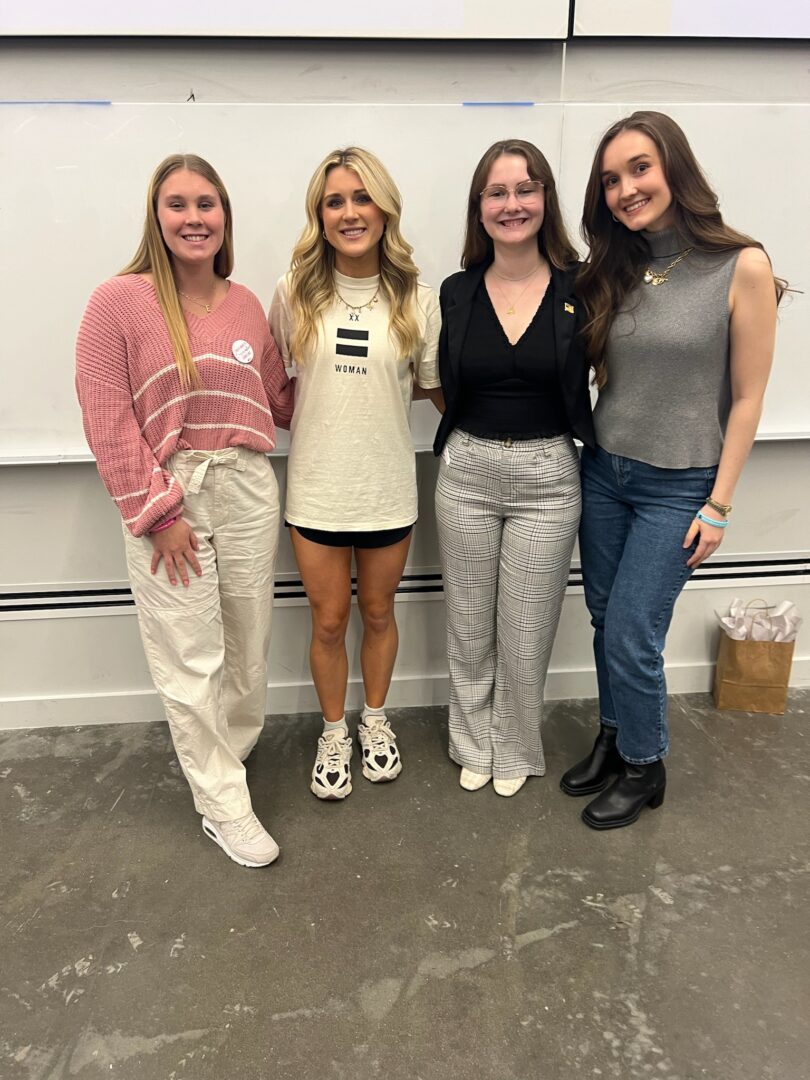Dawn Hawkins: Let’s Talk Sex Trafficking: The Hidden Problem in America and What You Can Do To Fight Back
The National Conference hit a somber mood when Dawn Hawkins, Senior Vice President and Executive Director of the National Center on Sexual Exploitation (NCOSE), discussed the nature of human trafficking in the United States.
She made the connection between human trafficking and the larger problem of sexual exploitation in our nation. To get a sense of the magnitude of this problem, there are no numbers because there are very few ways to actually track human trafficking. It happens everywhere, underground in the commercial sex industry. Few people are willing to come forward and seek help due to embarrassment; many start in the industry as children, ranging from 11-14 years of age.
NCOSE focuses on the impacts that pornography has had in driving this industry. Hawkins stated that most institutes that fight sex trafficking focus on stopping sexual harassment and prostitution, but never look at the driving force of this behavior. To deal with the entirety of the issue and not just the after-effects, society must realize the impact that easy-to-access pornography has had on creating a demand for the industry to supply.
Dealing with the threat of human trafficking, Hawkins demonstrated that it’s not just the threat of force and kidnapping by which people become caught in the sex industry; it also includes coercion and fraud. To meet the legal definition of trafficking, a situation must fulfill the acts, means, and purpose as legally defined. The act encompasses how one is getting the person, whether that be through the means of force, fraud, or coercion and then what one’s purpose is for ensnaring that person. She also debunked the idea that legalizing prostitution will solve the problem, by stating that it actually increases violence and will detrimentally impact the safety of the people caught in the industry.
While Hawkins’ discussion was enlightening regarding the nature of the sex industry and how women can stand against it, it was the stories she shared of women she has helped that caused many in the room to connect emotionally to the cause. One story she told was of a woman who became caught up in the sex industry at 16. She began by working in a strip club to help make ends meet. She was sold into prostitution until a man came to her and convinced her to enter into the pornography industry, forcing her to do things she was uncomfortable with. When she attempted to stop a porn shoot, she was threatened with legal retribution for violating her contract.
Another story Hawkins shared was of a high school which notified the Center regarding a potential trafficking case. A sophomore girl had been dating a guy who had graduated two years before and she began sending him explicit images. The guy coerced her into prostituting herself to his friends by threatening to release the pictures if she did not. In many of the cases Hawkins described, young women were able to keep up the appearance that they were fine by going home at night and attending their classes, without ever hinting that they were being trafficked.
Hawkins concluded her talk by encouraging the audience to take a stand against pornography and human trafficking. She encouraged young women to work to curb demand and to love and care for those who have become victims of the sex industry.
“This is a bipartisan issue,” said Hawkins. “You can make a difference; your voice really matters.”

